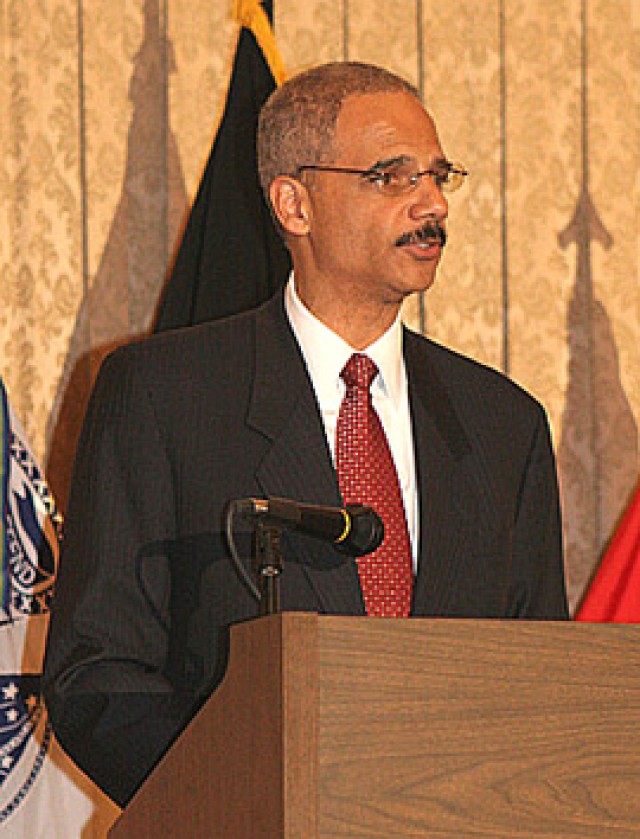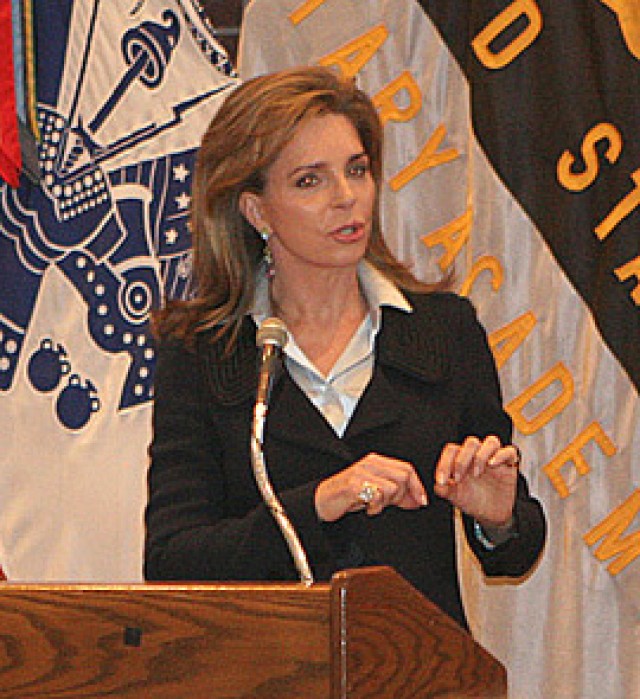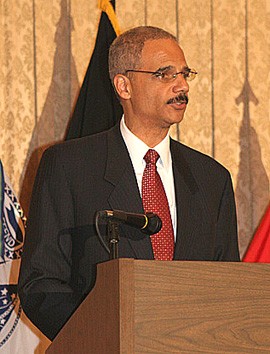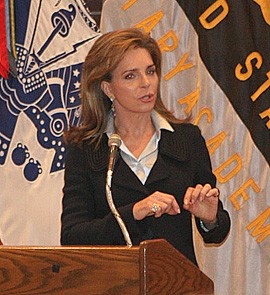The West Point Center for the Rule of Law was dedicated in a grand opening conference held April 15-17. The center serves to promote the U.S. military's enhancement of international justice and human rights and a respect for the rule of law during peacetime and armed conflict.
The three-day event invited judicial experts, scholars and military, political and world leaders to discuss the current and future issues regarding criminal justice, human rights, national security and international relations.
Speakers at the conference included former U.S. Military Academy instructors Michael Newton and Gary Solis.
Keynote speakers of the event were former president of Ireland Mary Robinson, U.S. Attorney General Eric Holder Jr., former CBS news anchor Dan Rather, Queen Noor of Jordan and retired General Counsel of the U.S. Navy Alberto Mora.
"For more than two centuries, the rule of law served as that shining torch that has illuminated our path through our nation's darkest days," Holder said in his keynote address at Hotel Thayer April 15. "Indeed, our country is at its best when it has provided the beacon light of the rule of law for all of the world to see."
Holder also said in his address that since before the Geneva Conventions, the U. S. military has worked to preserve regulations and laws that determine the lawful treatment of dissidents and prisoners, as well as lay the groundwork for free and open societies.
"In the present day, American military leaders have remained at the vanguard of those calling for the application of the rule of law on the battlefields, in detention centers and at negotiating tables," Holder said.
He also referenced President Obama's executive order to close the Guantanamo Bay detention facility. Holder is leading a task force of cabinet officers in determining how to conduct the best disposition of those detainees. Though he cites the task as "difficult and daunting," Holder pledged that the solution will be "grounded in our Constitution, based on congressional enactments, in compliance with international laws of war and consistent with the rule of law."
During Queen Noor's keynote address at Herbert Hall April 16, she declared that the opening of the center marked the world is ready for "a new chapter" in international cooperation.
"When a great nation decides to open a center devoted to law and legal frameworks, it is a wonderful thing," Noor said. "When it chooses to house it at a military academy, a national treasure like West Point, it is all the more exuberant."
The international proponent of women's and children's rights heralded those rights as a major proponent for peace and said the inclusion of women in the decision-making process can transcend religious, ethnic and tribal barriers and break through obstacles in conflict resolution.
"The international criminal justice system ... and the protection of women and children are all necessary components of something larger--a spirit of global cooperation," Noor said. "The road to international peace runs through the world's homes."
While Noor stated that mere words between nations would not stop world conflict, she reasoned that, "without dialogue, peace is impossible," and that "true peace and understanding will never be won at the end of a gun.
"International law itself cannot guarantee peace. The law cannot eradicate war, but law can curb war's excesses," Noor said. "We see this in the Hague Regulations of 1907 and Geneva Conventions, and curbing the excesses can make war less likely."
The conference was facilitated by Sali Rakower, the center's first director since its inception in September 2008. She is currently on sabbatical from White & Case LLP in New York, with whom she has practiced law since 1999.
Rakower's areas of practice include complex commercial litigation, as well as litigation involving foreign sovereigns, their state-owned subsidiaries and international public law.
In 2002, she took a leave of absence from White & Case LLP to serve in the prosecutor's office of the U.N. International Criminal Tribunal for Rwanda in Tanzania. There, she assisted in the prosecution of Rwandan military leaders for their role in the 1994 genocide.




Social Sharing